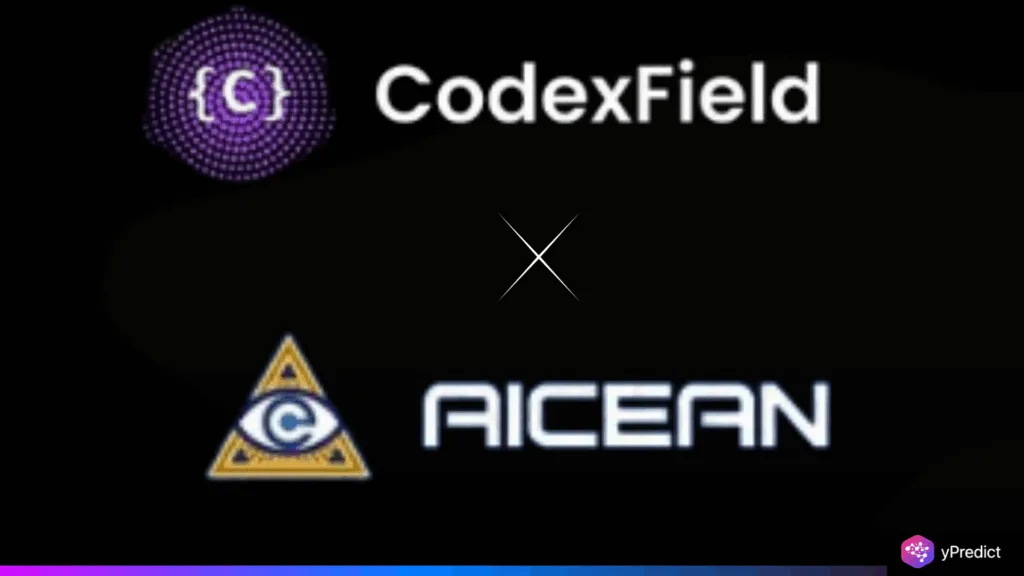
CodexField and Aicean’s new partnership is a turning point in the convergence of AI and Web3. As announced today, the partnership between an AI creator platform and a decentralized storage solution is constructed on BNB Greenfield. Fundamentally, this partnership enables creators to transform their AI music videos and digital art into tokenized assets. Unlike traditional platforms, it cuts out middlemen and puts ownership back in the hands of creators. By using blockchain-powered storage and smart contracts, this move signals a sharp shift away from Web2 models like YouTube and Spotify toward a decentralized ecosystem of monetization and control.
Redefining Content Ownership
Central to this collaboration is a radical notion — that creators should wholly own their digital output. Aicean’s ai-generated videos & music help you create, CodexField keeps it yours Powered by BNB Greenfield, CodexField stores content decentrally across nodes, censorship- and single-point-failure-resistant. The result is a system where content feels more like an owned asset than a rented file.
Creators could now mint their AI works as NFTs or other digital tokens and trade them around the world. This is in contrast with the present Web2 arrangement where streaming platforms set the terms, take exorbitant revenue cuts and sometimes control exposure. For artists, this means fewer restrictions and more direct profit.
Perhaps its best attribute is its simplicity. Tokenization occurs natively on the blockchain, and monetization doesn’t require third-party involvement. Concurrently, BNB smart contracts deal with authorizations such as licensing or restricted access. This provides creators with both ownership and control over their content distribution. It’s a significant break from how creators have been boxed in for years, and it points toward wider adoption of Web3-native content economies.
Infrastructure and Market Impact
CodexField’s power is being the storage foundation. Having previously won the BNB Hackathon, it has demonstrated velocity and trustworthiness for decentralized information. Now, with the integration of Glacier DeVector, a potent decentralized vector database, the platform enables smooth operation of AI apps while safeguarding the rights of creators. The convenience is backed by a promise — data stored in redundant secure nodes is immediately accessible. In practice, this addresses one of the biggest pain points for creators—file safety and persistent access.
For $BNB ecosystem, the implications are huge. And by linking digital content directly to blockchain logic, creators get a self-sovereign structure that plugs into broader data economies. Smart contracts control rights and revenue mechanics in manners old systems never accomplished. Rather than relying on Spotify or YouTube for discoverability, indie artists can access demand at its source. The move also comes when Web3 models like “watch to earn” are gaining momentum.
A lot of commentators are anticipating this partnership to bring in additional AI creators, such as local rappers and independent directors. It also reinforces BNB Chain’s role as a center for decentralized AI. Together, Aicean and CodexField provide not just tools, but a model for how digital property could truly belong to its makers.
Conclusion
The Aicean-CodexField partnership isn’t some wild tech experiment— it’s a genuine effort to reforge the bond between creators, platforms, and audiences. Fusing AI, blockchain and decentralized storage, it defies established digital ownership tropes. For India and other emerging creative economies, this transition has tangible opportunity: artists can own their content, receive equitable revenues, and connect with worldwide audiences, without intermediaries. The next few years will determine how scalable and accessible this system actually becomes. Assuming it can clear the adoption barriers, this partnership might be the beginning of a creator-first, decentralized






